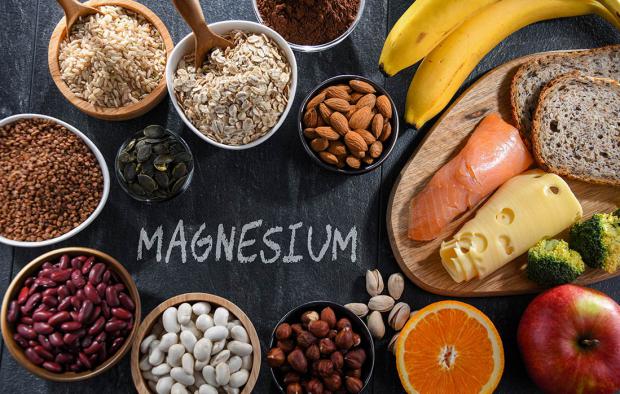
Breaking News
 What I Wish I Knew Before Keeping Chickens
What I Wish I Knew Before Keeping Chickens
 Michael Oliver Bombshell: Silver's "Rebirth" After Smackdown - $500 Silver by Summer,
Michael Oliver Bombshell: Silver's "Rebirth" After Smackdown - $500 Silver by Summer,
 Jeffrey Epstein's Account "littlestjeff1" Is Still Playing Fortnite Today in Israel
Jeffrey Epstein's Account "littlestjeff1" Is Still Playing Fortnite Today in Israel
 Don't Drink Plain Water Again After 60 - THIS #1 Trick Boosts Blood Flow Instantly | Senior Hea
Don't Drink Plain Water Again After 60 - THIS #1 Trick Boosts Blood Flow Instantly | Senior Hea
Top Tech News
 How underwater 3D printing could soon transform maritime construction
How underwater 3D printing could soon transform maritime construction
 Smart soldering iron packs a camera to show you what you're doing
Smart soldering iron packs a camera to show you what you're doing
 Look, no hands: Flying umbrella follows user through the rain
Look, no hands: Flying umbrella follows user through the rain
 Critical Linux Warning: 800,000 Devices Are EXPOSED
Critical Linux Warning: 800,000 Devices Are EXPOSED
 'Brave New World': IVF Company's Eugenics Tool Lets Couples Pick 'Best' Baby, Di
'Brave New World': IVF Company's Eugenics Tool Lets Couples Pick 'Best' Baby, Di
 The smartphone just fired a warning shot at the camera industry.
The smartphone just fired a warning shot at the camera industry.
 A revolutionary breakthrough in dental science is changing how we fight tooth decay
A revolutionary breakthrough in dental science is changing how we fight tooth decay
 Docan Energy "Panda": 32kWh for $2,530!
Docan Energy "Panda": 32kWh for $2,530!
 Rugged phone with multi-day battery life doubles as a 1080p projector
Rugged phone with multi-day battery life doubles as a 1080p projector
 4 Sisters Invent Electric Tractor with Mom and Dad and it's Selling in 5 Countries
4 Sisters Invent Electric Tractor with Mom and Dad and it's Selling in 5 Countries
Low level of common nutrient linked to disease-causing DNA damage

But if your diet is lacking, you might want to pay attention to this new eye-opening study that links a mineral deficiency issue to DNA changes.
The study, carried out by researchers at the University of South Australia (UniSA), examined blood samples from 172 middle-aged adults and found that those who had low magnesium also had high levels of an amino acid called homocysteine. This is considered genotoxic, which means that it can damage human DNA.
Conversely, the study found a positive relationship between high levels of magnesium and those of folate and vitamin B12.
"Our study showed a direct correlation between low magnesium levels in blood (less than 18mg/L) and increased DNA damage, even after adjusting for gender and age," says UniSA molecular biologist Dr. Permal Deo, who is a co-author on the study.
"Blood levels of magnesium, homocysteine (Hcy), folate and vitamin B12 were measured, showing an inverse correlation between magnesium and Hcy and a positive correlation between magnesium, folate and vitamin B12," he adds. "This indicates that sufficiently high magnesium levels in the blood are essential to protect our genes from toxicity caused by homocysteine, which is increased when folate and vitamin B12 are deficient."
According to the researchers, the toxic combination of low magnesium and high levels of homocysteine can increase the likelihood of contracting gastrointestinal disease, several cancers, diabetes, and Alzheimer's and Parkinson's diseases.
The research team believes the damaging results of low magnesium are due to the fact that it can break down the body's ability to produce energy and power cells, which can in turn lead to faster tissue aging. Magnesium, which is the fourth most abundant mineral in the human body, has previously been linked to the healthy synthesis of DNA and RNA. Yet the mineral's deficiency had not yet been fully studied in terms of damaging these genetic carriers, say the researchers.



